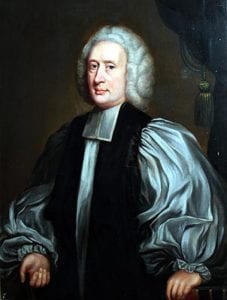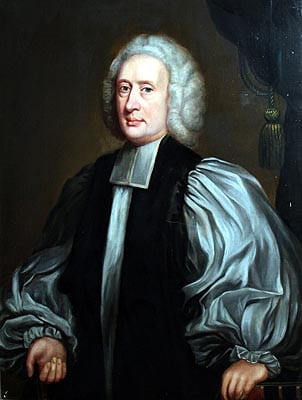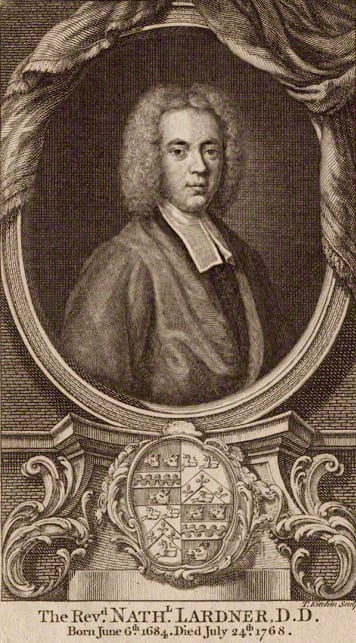 [T]he truth of our religion, like the truth of common matters, is to be judged of by all the evidence taken together. And unless the whole series of things which may be alleged in this argument, and every particular thing in it, can reasonably be supposed to have been by accident (for here the stress of the argument for Christianity lies); then is the truth of it proved; in like manner, as if in any common case, numerous events acknowledged, were to be alleged in proof of any other event disputed; the truth of the disputed event would be proved, not only if any one of the acknowledged ones did of itself clearly imply it, but, though no one of them singly did so, if the whole of the acknowledged events taken together could not in reason be supposed to have happened, unless the disputed one were true.
[T]he truth of our religion, like the truth of common matters, is to be judged of by all the evidence taken together. And unless the whole series of things which may be alleged in this argument, and every particular thing in it, can reasonably be supposed to have been by accident (for here the stress of the argument for Christianity lies); then is the truth of it proved; in like manner, as if in any common case, numerous events acknowledged, were to be alleged in proof of any other event disputed; the truth of the disputed event would be proved, not only if any one of the acknowledged ones did of itself clearly imply it, but, though no one of them singly did so, if the whole of the acknowledged events taken together could not in reason be supposed to have happened, unless the disputed one were true.
Joseph Butler, The Analogy of Religion (London: J. M. Dent & Co., 1906), Part 2, ch. 7, paragraphs 43-44, p. 232.




